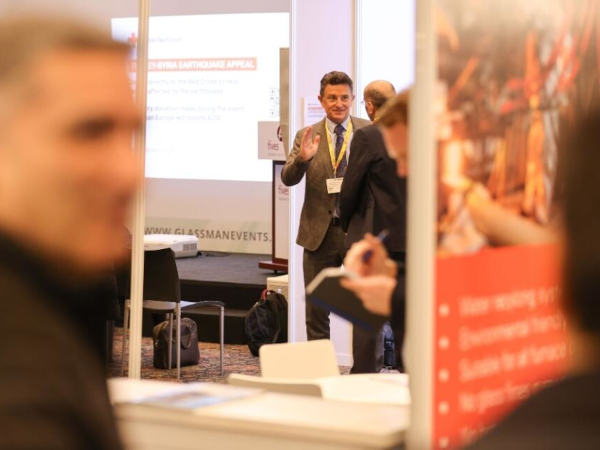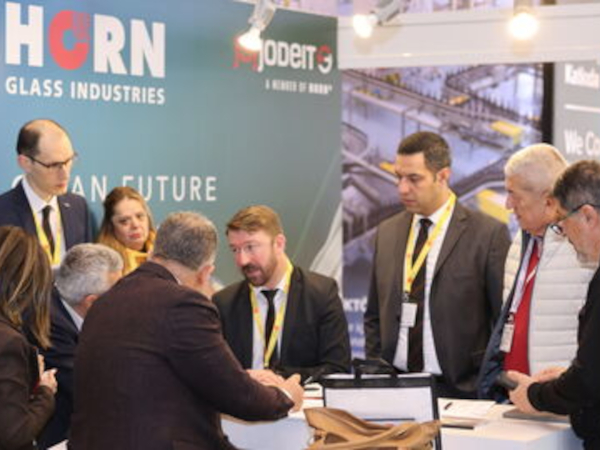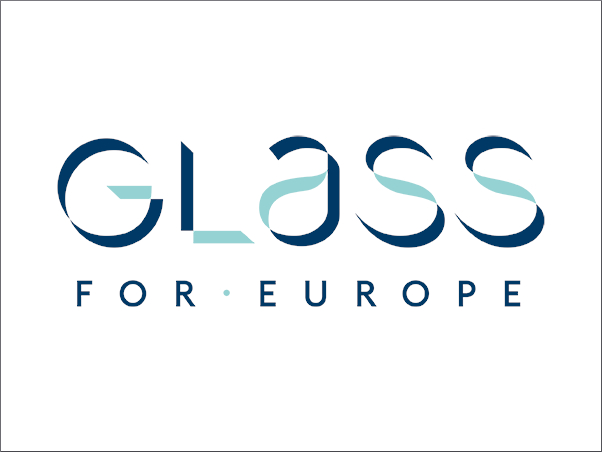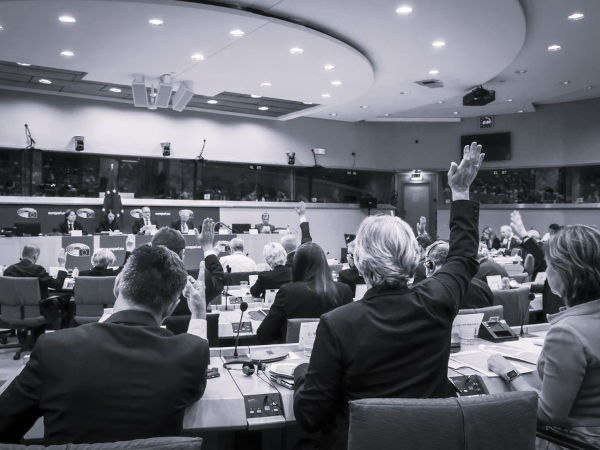Date: 9 May 2008
The ‘Socio-Economic Study on Silicones in Europe’, published by CES (Centre Européen des Slicones) shows that silicone specialty materials are an integral element in the operations of almost 100,000 companies in the European Community. “These are companies who realize that silicone materials can help to grow their businesses to meet changing consumer needs or to improve the efficiency of their manufacturing operations,” said Klaus Hoffman, Dow Corning European Area President.
The CES study, the first of its kind on the industry in Europe, identified that: 7,500 jobs in Europe depend directly on silicone production, with a further 139,000 in downstream industries. Overall, silicones affect 1.3 million jobs.
Construction, electricity generation and electronics are the leading end-use sectors for silicones.
“Today, much of the value and the jobs created by the silicone industry are in the mature European economies like Germany or France which have been using the materials for decades,” said Klaus. “At Dow Corning, we believe a lot of future growth will come from the emerging geographies that form the new European market. These countries are only now beginning to see the potential of these materials to help their businesses to develop.’
In anticipation of the future opportunities, Dow Corning had expanded its operations in Russia, the Commonwealth of Independent States and Turkey.The interest in silicone materials is growing in these countries because local companies are looking to meet the needs of consumers at home as well capitalizing on the potential of the wider European market.
Klaus added: “The innovations in silicone applications that are taking place in other parts of Europe will be a further source of growth. When you add the two together it’s clear that the value of the silicone industry is going to increase beyond the current €9 billion and the number of associated jobs will rise well beyond the 1.3 million we see today.”
Note for editors
To learn more about the different applications of silicones go to http://www.dowcorning.com/content/about/aboutmedia/silicon_technology_index_page.asp
The socio economic study commissioned by CES covered 25 countries (representing the European Community plus Norway and Switzerland
To learn more and to download the full study, go to
http://www.silicones-europe.com/socioeconomic/
About Dow Corning
Dow Corning provides performance-enhancing solutions to serve the diverse needs of more than 25,000 customers worldwide. A global leader in silicon-based technology and innovation, offering more than 7,000 products and services Dow Corning is equally owned by The Dow Chemical Company and Corning, Incorporated. More than half of Dow Corning’s annual sales are outside the United States.







Add new comment